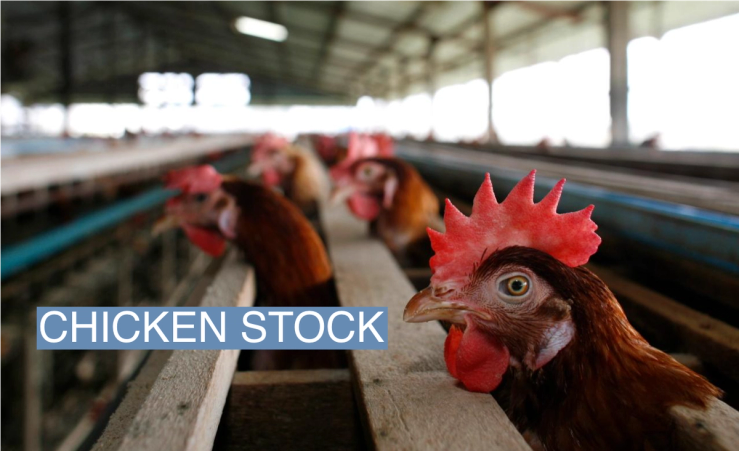The News
As the United States confirmed a second human case of bird flu from dairy cows on Wednesday, shares in biotech companies rose sharply. Vaccine makers, including Moderna, BioNTech, and CureVac, all saw double-digit stock increases, as investors bet they could cash in on a public health response should bird flu start spreading between people. COVID-19 offered a blueprint: Moderna and BioNTech both developed widely-used vaccines for the virus.
The virus is considered a pandemic threat because it often jumps between species, but less easily among humans. Risk to the public remains low, the US Centers for Disease Control and Prevention stressed, although bird flu has been spreading among cattle, and officials said people who work on farms should remain vigilant.
SIGNALS
Market shift may be an ‘overreaction’
Wednesday’s stock moves could be an “overreaction to headlines,” analysts at Leerink Partners said, and it is reminiscent of how markets reacted every time a new COVID variant emerged in 2020 and 2021. “It’s a familiar setup for industry veterans who have witnessed past trading frenzies at the first signs of an outbreak,” Bloomberg reported. But the scope of the outbreak is unclear, and officials have called for increased testing.
The US is prepared for a bird flu outbreak, but scale is an issue
“We’re ahead of the game in terms of avian flu vaccine, compared to where we were with COVID,” an epidemiologist told Scientific American. US health authorities have a huge stockpile of vaccine doses that are effective against bird flu, and existing relationships with vaccine makers mean production could be increased quickly if needed. But scaling up to cover the entire population would still take time. That’s in part because drugmakers would not ramp up H5N1 vaccine production unless they had to — the manufacturing facilities also produce the seasonal flu vaccines, a top public health priority.
Raw milk sales are rising despite bird flu link
Despite the rise in cattle infected with H5N1 and cases of raw milk fatally infecting other animals, “people are seeking raw milk like crazy,” one unpasteurized-dairy purveyor told The Associated Press. The CDC identified raw milk as one of the “riskiest” foods people can consume. The avian flu virus has been found in high levels in the raw milk of infected cows, but pasteurization kills it. The uptick in raw-milk enthusiasm has coincided with a decline in trust of the CDC since the COVID pandemic. “We’re seeing this a lot post-pandemic, people turning to ‘local’ or ‘natural’ — I’m using air quotes — foods,” a dairy microbiologist told The New York Times.



